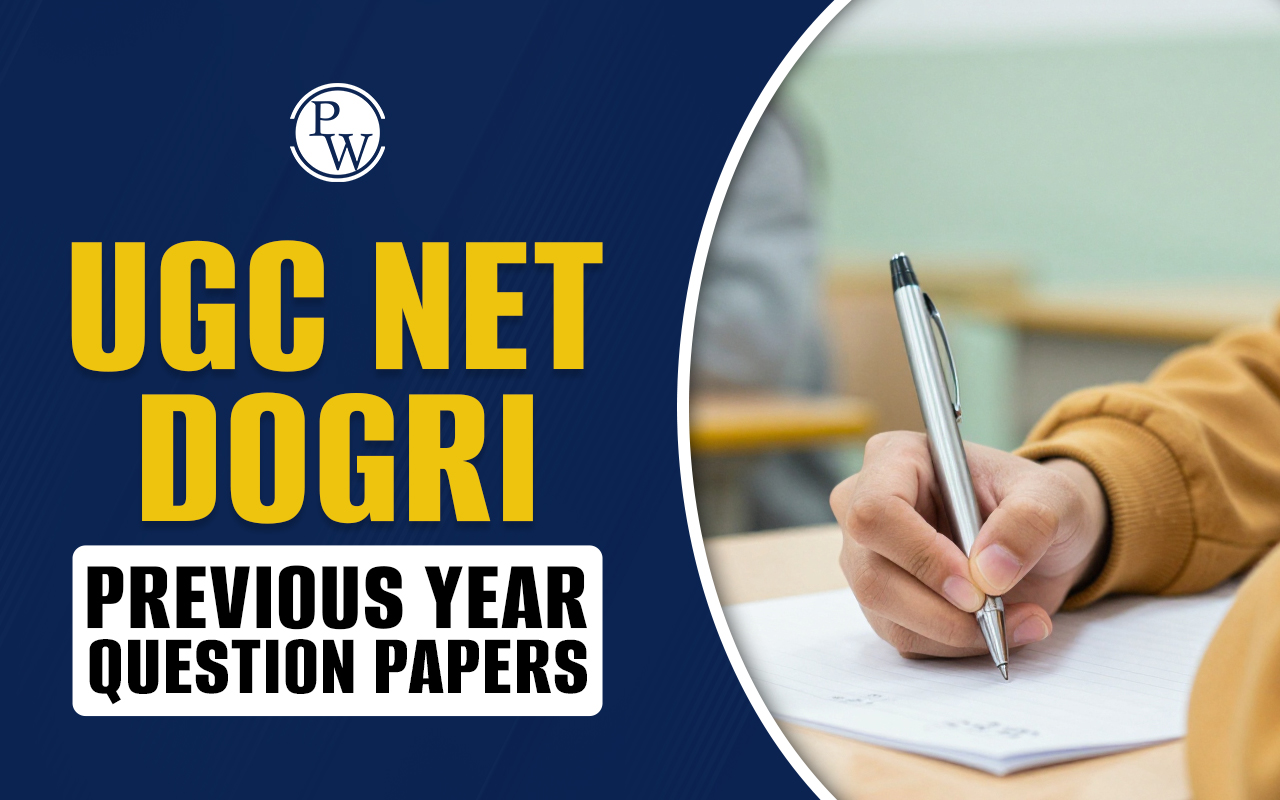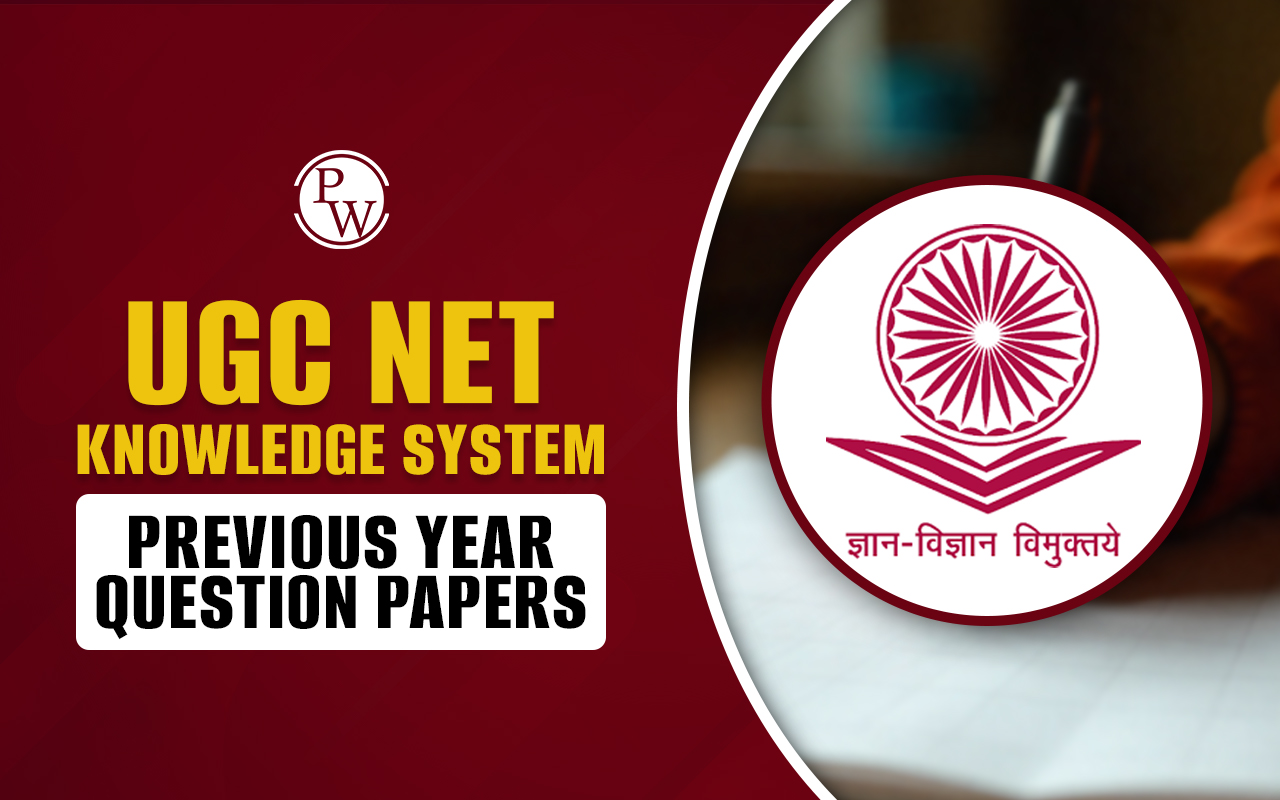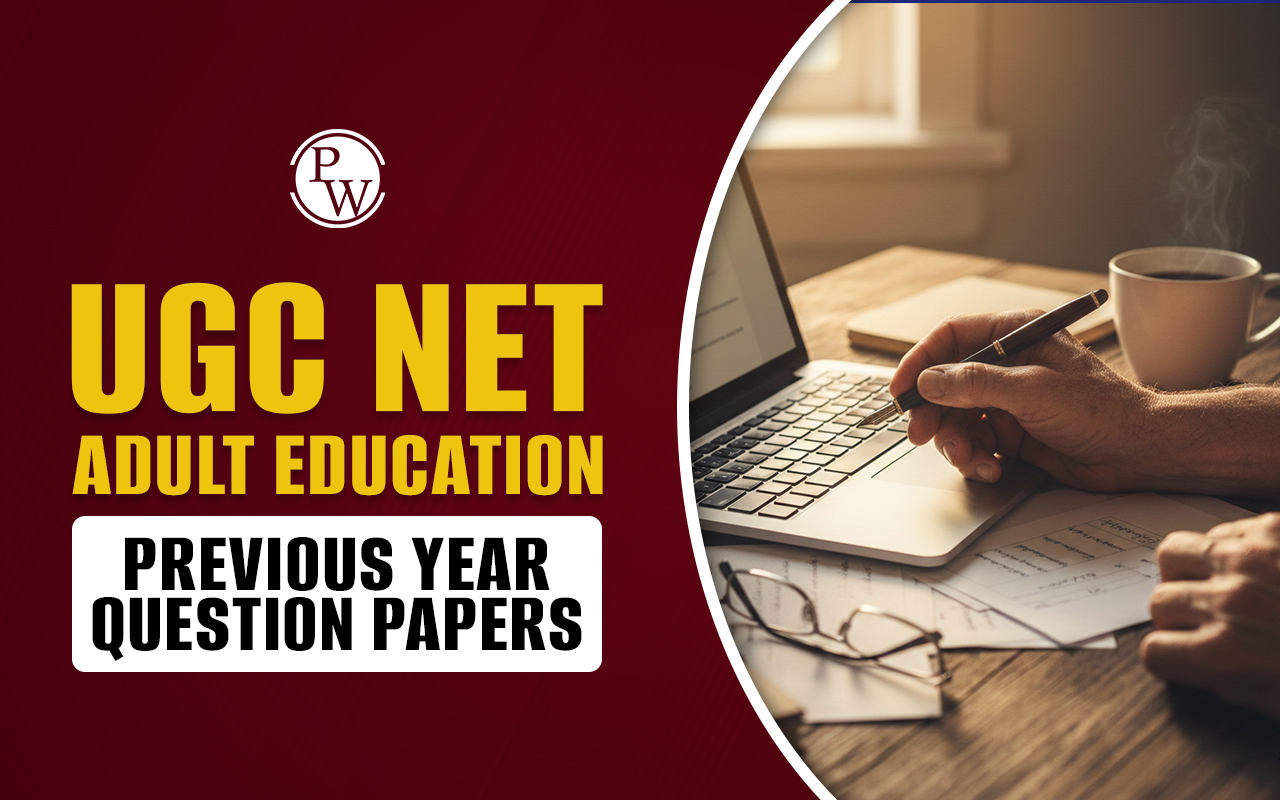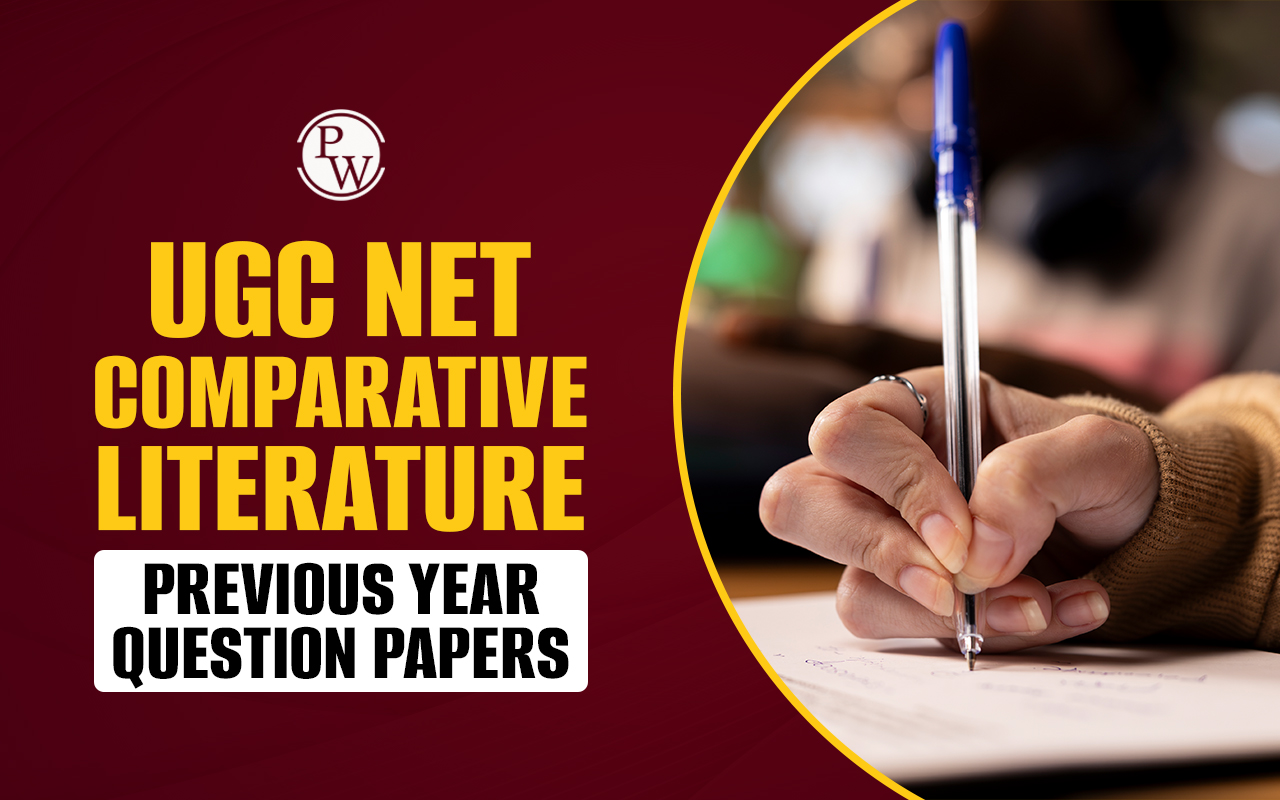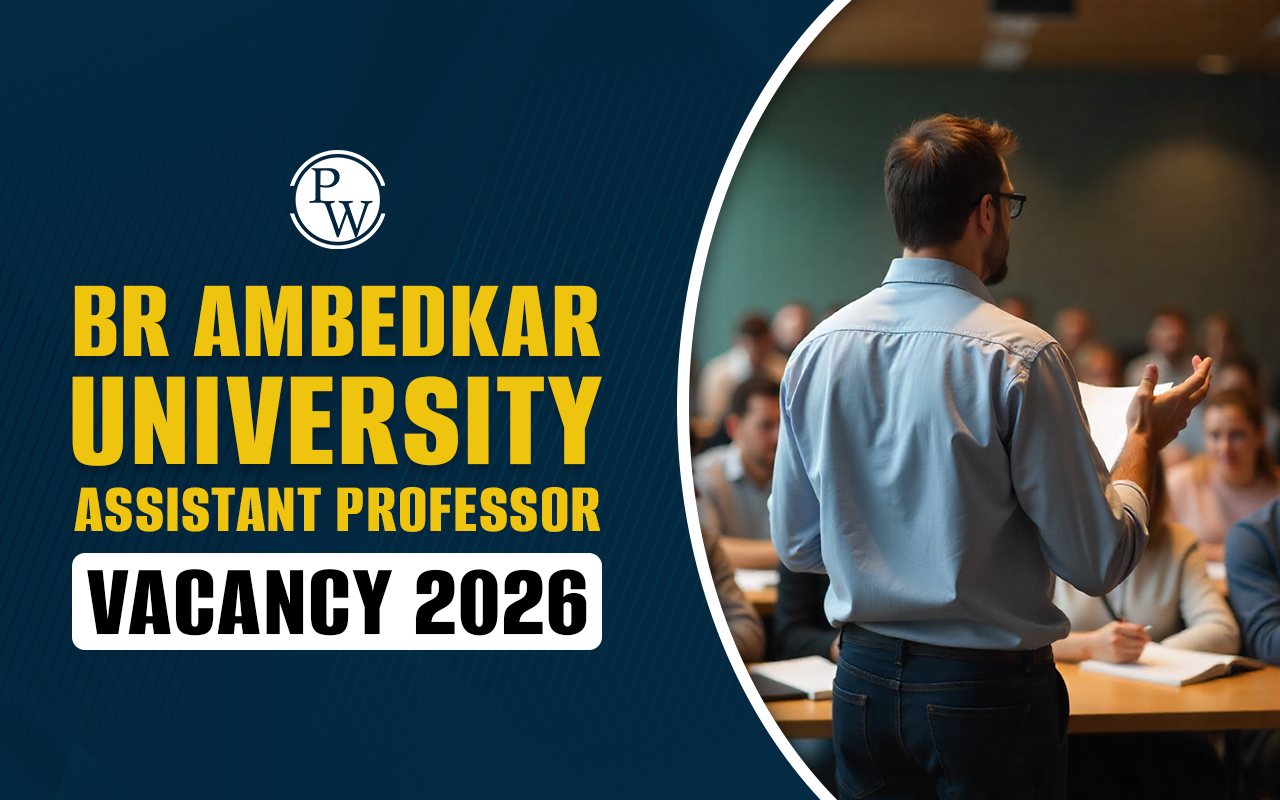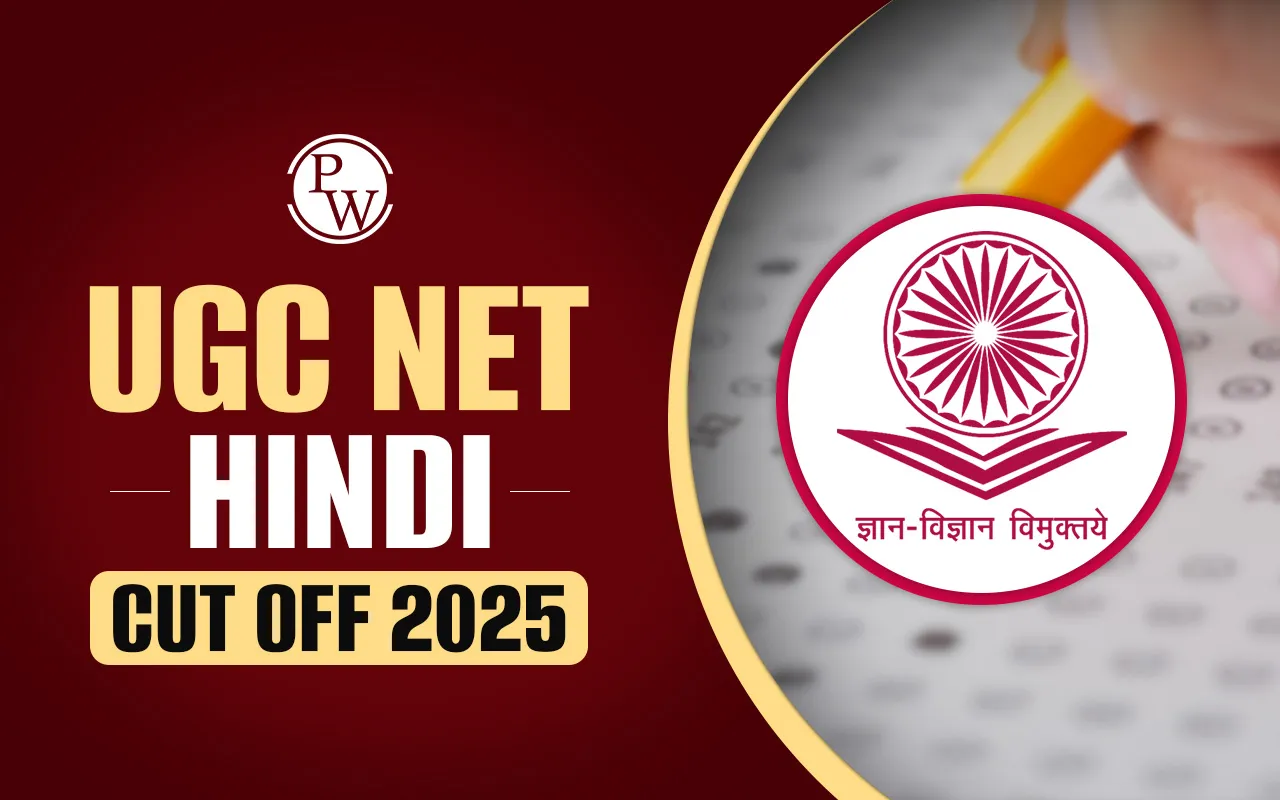
UGC NET Paper 1 Syllabus 2025: The National Testing Agency (NTA) has released the UGC NET Syllabus 2025 for candidates preparing for the December session exam. The National Testing Agency (NTA) has officially released Notification for the uGC NET December 2025 on 7th October 2025. The online application process started on October 7, 2025, and ran until 11:50 p.m. on November 7, 2025.
UGC NET Paper 1 Syllabus 2025 has been specifically designed to test the key cognitive skills of the candidates and aspirants. It tests the ability of candidates related to comprehension, analysis, and reasoning. Not only does it help in boosting the cognitive skills, rather also caters to candidates in understanding and building relationships among people, the environment, and natural resources. Therefore, in order to prepare for this amazing journey, one must go through the UGC NET Syllabus 2025 to build a greater understanding.
UGC NET Paper 1 Syllabus 2025 Overview
The National Testing Agency (NTA) has officially released the UGC NET Notification for the December session on 7th October 2025. UGC NET 2025 Syllabus Paper 1 for December session is common for all examinees and is designed to evaluate general teaching and research aptitude. It comprises 50 objective-type questions, each carrying 2 marks, totaling 100 marks. Here is a complete overview table given below
| UGC NET 2025 Exam Overview | |
| Exam Name | UGC NET December 2025 |
| Full Form | University Grant Commission National Eligibility Test |
| Level of Exam | National level |
| Conducting Authority | National Testing Agency (NTA) |
| Frequency of Exam | Two times each year |
| Exam Mode | Online |
| Exam Duration | 180 minutes |
| No. of Subjects | 85 subjects |
| Mode of Application | Online |
| Number of Papers | Paper 1, Paper 2 |
| Language/Medium of Exam | English and Hindi |
| Purpose of Exam | Assistant Professor and Junior Research Fellowship |
| Exam Time |
|
| Official Website | ugcnet.nta.nic.in |
UGC NET Paper 1 Syllabus 2025 PDF
The UGC NET Paper 1 Syllabus 2025 PDF is now available for aspirants to download from the official website. The syllabus covers detailed information on topics and concepts that are important and covered under the examination. Aspirants can download the UGC NET Syllabus 2025 for Paper 1 either from the official website of the conducting body, that is, UGC, or can hit the link to get the PDF hassle-free.
UGC NET Paper 1 Syllabus 2025 in Hindi
UGC NET Paper 1 का उद्देश्य उम्मीदवारों की शिक्षण और शोध योग्यता का मूल्यांकन करना है। यह पेपर सभी विषयों के लिए समान होता है और इसमें 10 यूनिट शामिल होती हैं: शिक्षण योग्यता, शोध योग्यता, तर्कशक्ति, गणितीय योग्यता, सूचना एवं संचार प्रौद्योगिकी, लोगों और पर्यावरण, उच्च शिक्षा प्रणाली, डेटा व्याख्या, संचार, और विविधता एवं समावेशिता। सभी प्रश्न वस्तुनिष्ठ प्रकार के होते हैं और कुल 100 अंक के होते हैं।
UGC NET Paper 1 Syllabus 2025 Section Wise
The UGC NET Paper 1 syllabus is divided into ten sections, each designed to evaluate different aspects of teaching and research capabilities. These sections cover reasoning ability, comprehension, communication, teaching aptitude, and awareness of the higher education environment.
|
UGC NET Paper 1 Syllabus 2025 Subject Wise |
|
|
Unit1 |
Teaching Aptitude Teaching: Concept, Objectives, Levels of teaching (Memory, Understanding and Reflective), Characteristics and basic requirements. Learner’s characteristics: Characteristics of adolescent and adult learners (Academic, Social, Emotional and Cognitive), Individual differences. Factors affecting teaching related to: Teacher, Learner, Support material, Instructional facilities, Learning environment and Institution. Methods of teaching in Institutions of higher learning: Teacher centred vs. Learner centred methods; Off-line vs. On-line methods (Swayam, Swayamprabha, MOOCs etc.). |
|
Unit 2 |
Research Aptitude Research: Meaning, Types, and Characteristics, Positivism and Post- Post-Post-positivistic approach to research. Methods of Research: Experimental, Descriptive, Historical, Qualitative, and Quantitative methods. Steps of Research. Thesis and Article writing: Format and styles of referencing. Application of ICT in research. Research ethics. |
|
Unit 3 |
Communication: Meaning, types, and characteristics of communication. Effective communication: Verbal and Non-verbal, Inter-Cultural and group communications, Classroom communication. Barriers to effective communication. Mass-Media and Society. |
|
Unit 4 Comprehension |
A passage of text will be given. Questions are asked from the passage to be answered. |
|
Unit 5 |
Types of reasoning. Number series, Letter series, Codes, and Relationships. Mathematical Aptitude (Fractions, Time & Distance, Ratio, Proportion and Percentage, Profit and Loss, Interest and Discounting, Averages, etc.). |
|
Unit 6 |
Understanding the structure of arguments: argument forms, structure of categorical propositions, Mood and Figure, Formal and Informal fallacies, Uses of language, Connotations and denotations of terms, Classical square of opposition. Evaluating and distinguishing deductive and inductive reasoning. Analogies. Venn diagram: Simple and multiple uses for establishing the validity of arguments. Indian Logic: Means of knowledge. Pramanas: Pratyaksha (Perception), Anumana (Inference), Upamana (Comparison), Shabda (Verbal testimony), Arthapatti (Implication), and Anupalabddhi (Non-apprehension). Structure and kinds of Anumana (inference), Vyapti (invariable relation), Hetvabhasas (fallacies of inference). |
|
Unit 7 |
Sources, acquisition, and classification of Data. Quantitative and Qualitative Data. Graphical representation (Bar-chart, Histograms, Pie-chart, Table-char,t and Line-chart) and mapping of Data. Data Interpretation. Data and Governance |
|
Unit 8 |
ICT: General abbreviations and terminology. Basics of Internet, Intranet, E-mail, Audio and Video-conferencing. Digital initiatives in higher education. ICT and Governance. |
|
Unit 9 |
Development and environment: Millennium Development and Sustainable Development Goals. Human and environment interaction: Anthropogenic activities and their impacts on the environment. Environmental issues: Local, Regional and Global; Air pollution, Water pollution, Soil pollution, Noise pollution, Waste (solid, liquid, biomedical, hazardous, electronic), Climate change and its Socio-Economic and Political dimensions. Impacts of pollutants on human health. Natural and energy resources: Solar, Wind, Soil, Hydro, Geothermal, Biomass, Nuclear, and Forests. Natural hazards and disasters: Mitigation strategies. Environmental Protection Act (1986), National Action Plan on Climate Change, International agreements/efforts -Montreal Protocol, Rio Summit, Convention on Biological Diversity, Kyoto Protocol, Paris Agreement, International Solar Alliance. |
|
Unit 10 |
Institutions of higher learning and education in ancient India. Evolution of higher learning and research in post-independence India. Oriental, Conventional, and Non-conventional learning programmes in India. Professional, Technical, and Skill-Based education. Value education and environmental education. Policies, Governance, and Administration. |
UGC NET 2025 Paper 1 Important Topics
The UGC NET Paper 1 is designed to evaluate the candidate’s aptitude in teaching and research. It consists of ten key sections, each focusing on different skill areas necessary for a career in academics and research. Below are the important topics covered under each section:
-
Teaching Aptitude – Learner characteristics, teaching methods, evaluation systems, teaching aids.
-
Research Aptitude – Research types, methods, steps, thesis writing, and ethics.
-
Comprehension – Reading passages and answering related questions.
-
Communication – Verbal and non-verbal communication, barriers, classroom communication.
-
Mathematical Reasoning and Aptitude – Number series, percentages, averages, ratios, algebra, and data interpretation.
-
Logical Reasoning – Analogies, syllogisms, Venn diagrams, arguments, assumptions.
-
Data Interpretation – Graphs, charts, tables, and data analysis.
-
Information and Communication Technology (ICT) – Basics of computers, the internet, MS Office, digital initiatives in higher education.
-
People, Development, and Environment – Environmental issues, sustainable development, population growth, pollution.
-
Higher Education System – Governance, policies, structure, and evolution of higher education in India.
UGC NET 2025 Paper 1 Exam Preparation Tips
As an aspirant till now, you must have understood that clearing competitive exams needs a strategic approach along with lots of discipline. Therefore, to assist you in this matter, listed below are some of the effective tips that aspirants can follow in order to crack UGC NET Paper 1 syllabus 2025.
-
Understand the Syllabus Thoroughly – Go through each section of the syllabus and mark the areas that require more attention.
-
Practice Mock Tests Regularly – Attempt online mock tests to build speed, accuracy, and identify weak areas.
-
Revise Key Concepts Frequently – Regular revision of formulas, definitions, and methods is essential.
-
Follow a Daily Study Routine – Allocate time slots for each section and stick to a disciplined schedule.
-
Refer to Authentic Study Material – Use UGC-approved books, previous year question papers, and official resources.

